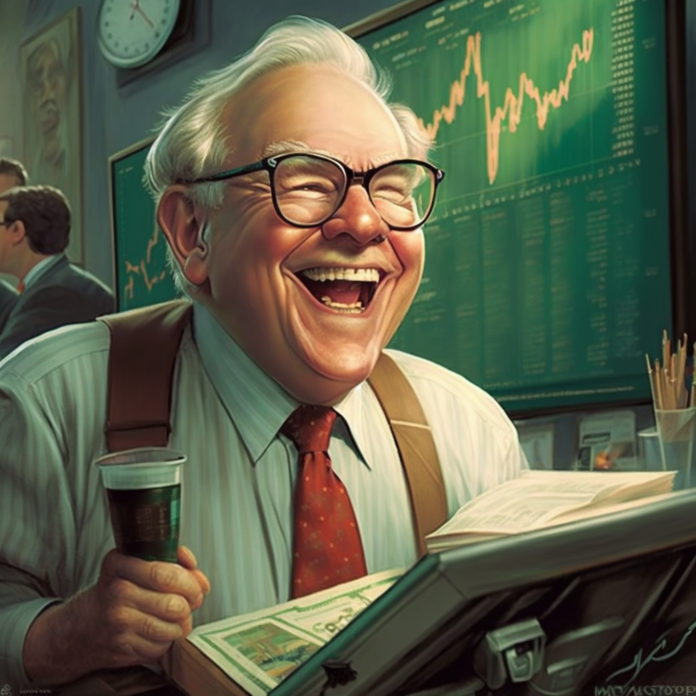In Berkshire Hathaway’s ( NYSE: BRK.A)annual letter, Warren Buffett defended stock buybacks and argued against those who criticize the practice. He believes that share buybacks benefit all shareholders and that those who oppose them are either economic illiterates or silver-tongued demagogues.
Unfortunately, the media has misinterpreted Buffett’s message. Share buybacks, when done at a “value–accretive” price, can benefit all shareholders by increasing the size of their ownership in the company. This is not a “return of capital to shareholders,” but just the opposite of shareholder dilution.
The mainstream narrative surrounding share buybacks is flawed. The share count of public corporations has dropped significantly over the last decade, as companies rush to shore up bottom-line earnings to beat Wall Street estimates against a backdrop of a slowly growing economy and sales. While operating earnings per share have surged, actual sales remain weak.
But who really benefits from share buybacks? Contrary to popular belief, it’s not the shareholders. Share buybacks only return money to those individuals who sell their stock. This is an open market transaction, so if a company buys back some of its outstanding stock, the only people who receive any capital are those who sold their shares.
And who are the ones mostly selling their shares? Insiders, who often sell shares “given” to them as part of their overall compensation structure to convert them into actual wealth. This is problematic because the misuse and abuse of share buybacks to manipulate earnings and reward insiders has become prevalent.
However, the key point that Buffett is making is that share buybacks can benefit all shareholders when done at a “value-accretive” price. Gains from value-accretive repurchases benefit all owners, in every respect.

In conclusion, the media’s misinterpretation of Warren Buffett’s message has led to a flawed narrative surrounding share buybacks. When done correctly, share buybacks can benefit all shareholders and increase the size of their ownership in the company. It is essential to recognize the potential benefits of share buybacks and to prevent their misuse and abuse.




